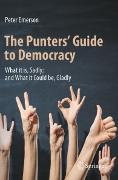This book discusses multiple ways of voting in a democratic system and explains the basis of more consensual politics. Without delving into too much technical argument or too many mathematical examples, it aims to
show that binary decision-making is blunt, primitive, divisive, and sometimes inaccurate;
prove that other methodologies are more accurate and, therefore, more democratic;
highlight more inclusive and effective voting procedures;
discuss electoral reforms for national parliaments and international forums like the UN Security Council and COP26/27.
The book is written not just for academia, or for the politicians and journalists, or for other specialists; it is for the general public: for students still at school, for voters in society at large, and for activists in umpteen NGOs.
...the West's relentless pursuit of binary voting... has been a cause of countless tragedies. This book is brilliant: political controversies should rarely if ever be 'resolved' by majority vote.
Arend Lijphart, Professor Emeritus of Political Science, University of California, San Diego
[for] those who do not believe in a black-or-white world... a very important and extremely timely contribution...
VÄra Stojarová, Associate Professor of Political Science, Masaryk University, Brno, Czech Republic
Peter´s challenge to the binary win-lose approach is urgently necessary, as is his proposal for an eminently more reasonable, accountable, and participatory system.
Dr. Valery Perry, Democratization Policy Council, Sarajevo
...the preferential points vote... would be the more accurate way to make decisions, and the consequences far more peaceful.
Lord Boyce, House of Lords
He builds a case for a specific version of preferential procedure, not only for elections, but for decision making as well.
Hannu Nurmi, ProfessorEmeritus of Political Science, University of Turku, Finland
A particularly strong plea in favour of voting procedures... which go far beyond the usual 'yes or no' ballots. [He uses] an alert prose and a wealth of illuminating and easily graspable examples.
Maurice Salles, Emeritus Professor, Université de Caen Normandie


